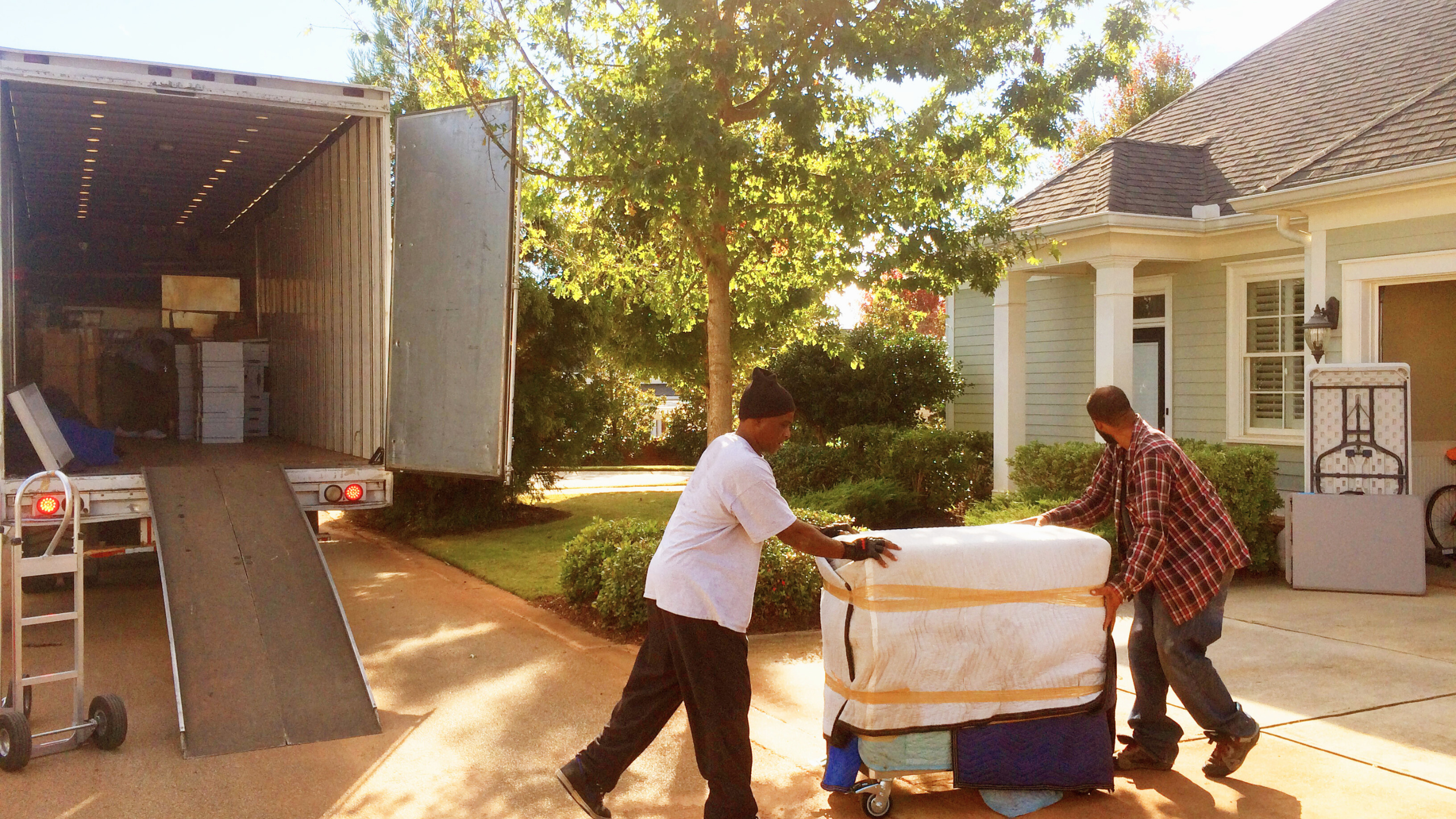Understanding the Bad Reputation of the Moving Industry: Scams, Pitfalls, and Hidden Dangers

The Prevalence of Scams
One of the primary reasons for the moving industry's bad reputation is the prevalence of scams. Many small, locally-owned moving companies operate without a large brand presence, making them difficult to track and hold accountable. These companies often engage in unethical practices that harm consumers:
Fly-by-Night Operations
Many fraudulent moving companies frequently change their names to avoid detection and accountability. This tactic allows them to escape negative reviews and complaints, effectively erasing their past transgressions. These businesses can be challenging to identify because they have no consistent online presence, making it nearly impossible for consumers to verify their legitimacy.
Lack of Government Oversight
The U.S. government struggles to effectively regulate and protect consumers from these fraudulent movers. The ever-changing landscape of small, unscrupulous moving companies makes it difficult for authorities to track and penalize offenders. As a result, consumers are often left to fend for themselves.
Identifying Scams
To protect themselves, consumers should look for movers with a strong online reputation on platforms that are difficult to manipulate, such as Google Reviews. Unlike Facebook, Yelp, or Trustpilot, which can be manipulated through fake reviews and bots, Google Reviews tends to offer a more reliable glimpse into a company's reputation. Yelp, for example, has faced criticism for allowing millions of bot-generated reviews to flourish, making it an unreliable resource for authentic feedback.
Outdated Practices and Poor Customer Service
Another major issue plaguing the moving industry is its outdated practices and lack of customer-centric service. Many moving companies operate with antiquated systems that fail to meet modern consumers' expectations:
Limited Customer Support
Many moving companies offer limited customer support, with restricted hours and unresponsive service. This lack of availability can leave customers feeling stranded when they need assistance the most. In an industry that should prioritize customer support, many companies fall short, contributing to a negative perception.
Inadequate Insurance and Protection
Some movers carry incorrect or insufficient insurance coverage, leaving customers vulnerable to financial loss if their belongings are damaged during the move. This lack of protection can result in significant financial and emotional distress for consumers who believed they were covered.
Low Barrier to Entry
The moving industry has a relatively low barrier to entry, allowing anyone to start a moving company without the necessary experience or expertise. This ease of entry often leads to a glut of unqualified movers who lack the knowledge and skills to execute a move safely and efficiently. As a result, many consumers find themselves dealing with movers who simply don’t know what they’re doing, which can lead to damaged property, lost items, and a frustrating experience overall.
Importance of Choosing Established Brands
To avoid these pitfalls, it's crucial for consumers to choose a reputable moving company with a strong online presence and years of experience. Established brands are more likely to have the expertise, resources, and accountability necessary to provide a positive moving experience.
Hidden Fees and Ransom Tactics
Hidden fees are another common issue that tarnishes the reputation of the moving industry. Many consumers report being surprised by unexpected charges, often at the worst possible time:
Lack of Transparency
Many moving companies fail to disclose their full pricing structure upfront, instead charging additional fees once the move is underway. These hidden costs can quickly add up, leaving consumers feeling cheated and frustrated.
Holding Belongings Hostage
In some cases, movers have been known to hold a customer’s belongings hostage, refusing to unload until additional fees are paid. This unethical practice exploits consumers who have no choice but to pay the inflated charges to retrieve their possessions. This kind of extortion is particularly prevalent among small operators who rely on such tactics to generate profits at the expense of their customers.
How to Protect Yourself
To avoid falling victim to these tactics, consumers should thoroughly research potential moving companies, asking for detailed, written estimates and ensuring they understand the full scope of charges before signing any agreements. Reputable companies will be transparent about their pricing and willing to answer any questions about fees and services.
Navigating the Moving Industry Safely
Despite the challenges and risks associated with the moving industry, there are ways for consumers to protect themselves and ensure a smooth, stress-free moving experience:
Do Your Research
Research potential moving companies extensively, focusing on their online reputation, years in business, and customer reviews. Avoid companies with little to no online presence or those with frequent name changes.
Verify Credentials
Ensure that the moving company you choose is properly licensed and insured. Verify their credentials with the appropriate state and federal agencies, and don’t hesitate to ask for proof of insurance.
Get Everything in Writing
Request a written estimate that outlines all charges and services. Be wary of companies that are unwilling to provide a detailed breakdown of costs.
Choose Established Brands
Opt for a reputable moving company with a strong track record and positive customer feedback. Established brands are more likely to prioritize customer satisfaction and operate with integrity.
Conclusion
The moving industry’s bad reputation is rooted in scams, outdated practices, and hidden fees. However, by staying informed and taking proactive measures, consumers can navigate these challenges and enjoy a positive moving experience. The key is to choose a reputable, trustworthy moving company with a proven track record and commitment to customer satisfaction. By doing so, you can protect yourself from the pitfalls of the moving industry and ensure a smooth transition to your new home.
